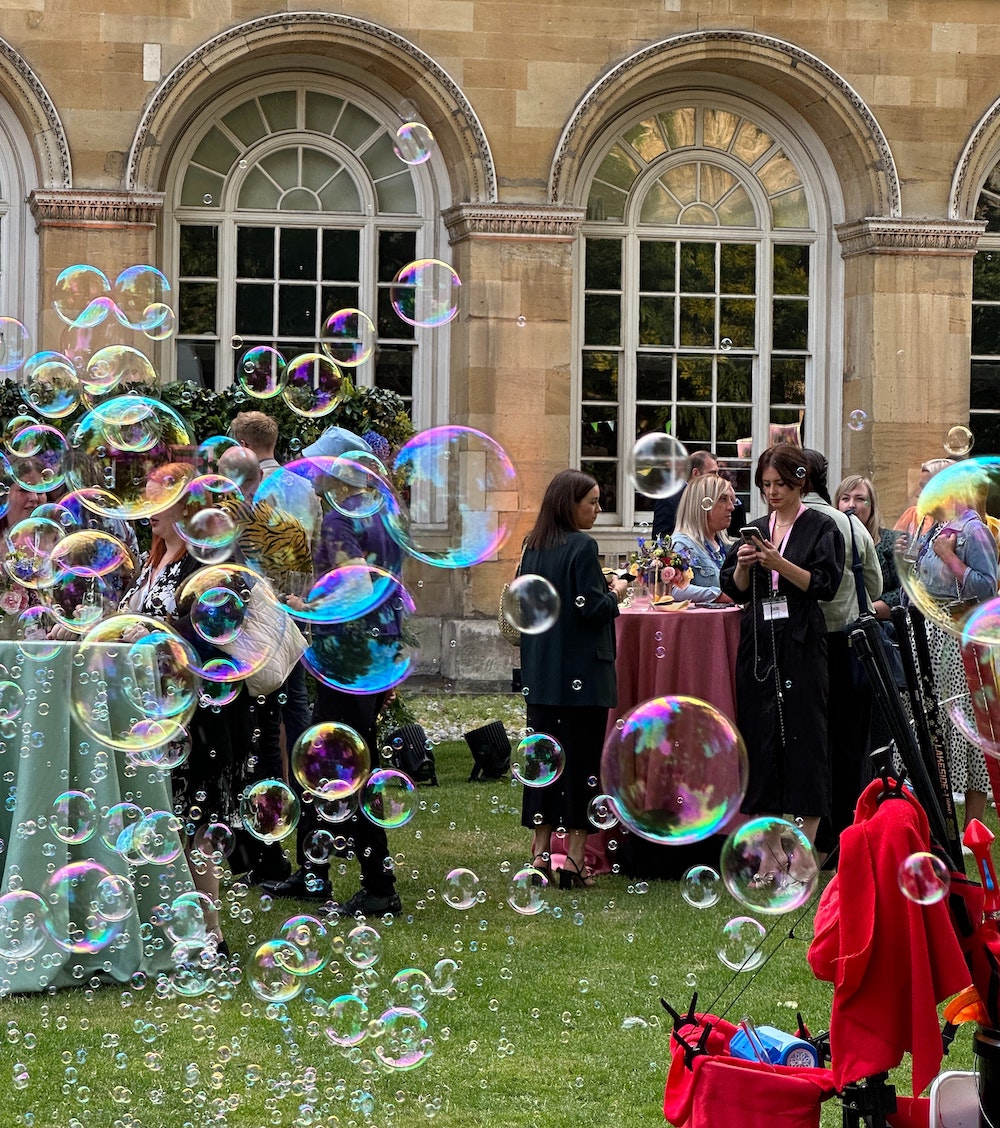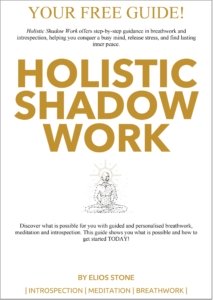Do you remember the time…
Memories can become warped by the mind and the ego. Sometimes, memories and feelings are not even true nor our own!
(An introspective practice at the end to “test” old memories and transform them)
Do you remember the time……
“I was nine years old and alone in my house just with my little brother who is 7 years old. Last year, my daddy died in a plane accident. He was an RAF pilot. Me and my brother went up to the lounge window and looked out the window. I saw the policemen walking up the path. It was when I saw him I knew that my mum was dead as well. I was right she died in a car crash, now I’m an orphan, I’m all alone.”
This memory wasn’t my own. But I had heard it so much as a child that I created very strong visualisations and feelings around it. I had developed strong feelings of abandonment through it, and this sense of having to fend for myself and only being able to rely on my own personal resources. The memory and strength of emotion defined how I trusted others and my ability to be vulnerable.
But, this story was my father’s story, which during my childhood and later life became embellished by my imagination and engrained within me, perpetuating fear of being left alone without any care givers. It was a memory that I had been told from a very young age and became a part of my being, a part of my own personal story.
It was only through shadow work, through observing and considering this memory, that I was able to revisit the emotions attached to the memories and stories, and then reparent myself and hold myself through them.
From a place of observation and willingness, I could hold presence and clarity and feel love from my rational adult-self to facilitate the transformation of fears and beliefs which were held deep within my subconscious.
Whilst my father was painfully orphaned and of course afraid, he was not alone. There were people caring for him and my uncle when they were little boys. They were rapidly adopted and incorporated into his uncle and aunt’s family (my great uncle and aunt) who had three other children his age.
My father only came to terms with this grief and pain in his 40s, all those years he was stuck in the story yet not fully feeling the impact, and therefore not able to process and integrate the painful experience of losing his parents so suddenly.
Imaginations of events and places may be just that.
Memory can be extremely pliable. All the research suggests that memories can be rewritten and changed at any moment. We can also take on the memories and expressed feelings of other beings from things that they have experienced and shared with us.
When we are children we are extremely open, imaginative, empathic and compassionate, full of wonder and centred in love. When a parent or caregiver expresses or describes something to us, in this pliable state, we are susceptible to take it on as our own, imagining the pain and feeling it as if it were our own experience. Especially if we are a young child in the natural process of developing our mental capacities. We have the potential to repeat the story over and over in our minds, embedding it deeper and deeper, amplifying the feelings further.
By revisiting memories and acknowledging what is yours, what you have changed overtime, how you perceive those things and what you were told, could allow for reducing their strength in the present moment.
Memories of painful, traumatic or overwhelming events often leave an emotional or sensory imprint, this can create suffering in our present moment experience.
An extreme example of this may be the experience of soldiers who have returned from abroad having experienced immense pain, perhaps having witnessed and partaken in brutal deaths, disturbing scenes and/or loss of comrades. The effects of these events become imprinted in their bodies; in the nervous system, vagus nerve, psoas muscles, and the fascia around the body.
Because these memories and their imprints are so strong, things in their everyday lives can trigger a reliving of those experiences. This is PTSD. The person might experience the same emotions, feelings and sensations, their body might start to try to do what it was doing at that time e.g. running or fighting.
A less extreme, more everyday, example of this may be the memory and imprint (whether we actually cognitively remember it or not) of speaking in front of the class in school where we felt scared or embarrassed or at a loss for words can lead to someone freezing or feeling to flee whenever they are in a situation similar, like public speaking.
Perception changes. You can re-write your memories.
Conscious connected breathwork can help to shift the trapped energies and trauma through the body. Transforming the energies and releasing the tension around the imprinting. On both a cognitive level and felt-sense level through meditation, and a visceral level through breathwork. With the support of these practices, we have the opportunity to explore past memories and see them for what they truly are; or to change and alter them by bringing compassion, forgiveness, love and higher awareness to the now moment experience.
Often, we do not even need to be aware of this or to focus on the memory itself, through connected breathwork the body wisdom can release the energy attached to the memory through the breath.
Below is a shadow work practice for you to play with, this is a more observational exploration of memory imprinting and how you can liberate yourself from what is not yours to carry in the now.
How will you re-imagine the past to create a new reality today?
Introspective practice: for challenging memories and to re-write what is held
This practice may be triggering for some. All the questions that it poses are intentional to direct you deeper into connection with yourself. This is especially relevant if you have ever experienced gaslighting, being in a relationship with someone with strong narcissistic tendencies or had your own reality denied.
Please ensure that you are in grounded space before you carry out this practice. This practice asks you to deeply consider your perception of reality.
It asks you to reconsider what the past may truly be.
There may be a memory that feels quite strong for you but you haven’t really considered that it might not be your own, or that you may have altered it over time.
It might be that you’ve been told about the death of a grandparent or parent in a certain light, or a specific family event. Maybe that your parents split up when you were very young and one parent told you a story about how the other parent behaved.
Maybe you hold a deep memory or story about your life before you had cognitive discernment. What I mean by that is, before the age of seven you’re in a theta brain wave state. Before that point you were fully open to the world and just took on what everybody else said as truth. Maybe some of it wasn’t as true as it seems to be, and if it doesn’t serve you anymore perhaps you can allow it to be released.
By revisiting memories and perceptions which hold power over you in the present moment you give yourself the opportunity for change.
This practice gives you the chance to look at the power which is held about such an event acknowledging the emotions and reconsidering what it looks like in your mind or how it feels in your body, you can begin to let it go so it doesn’t have an effect on your current present moment experience.
Step 1. Begin by finding somewhere quiet to sit on your own.
Step 2. Firstly, acknowledge the memory that you want to revisit and feel how much strength it has.
Step 3. Notice all the elements of that memory.
Step 4. Next you might close your eyes and begin by taking a nice deep breath in and out through your nose.
Step 5. Bring all your attention to your breath.
Step 6. Then bring your sense of feeling, inner-vision or attention to the centre of your chest the light of the centre of your chest.
Step 7. Do this until you feel calm and as empty as you can be.
Step 8. Now you might recall the memory which is holding power.
Step 9. You may just begin with one small element of it and revisit it and change it as you see fit.
Step 10. Maybe you move around it with this distanced perspective of the observer.
Step11. All the while noticing your physical and emotional responses, if sensations or feelings become intense, hold the memory lighter and breathe deeply in your belly.
Conclusions:
It is important to feel to heal, yet you can titrate, a little at a time as you bring curiosity to the memory.
Maybe you can consider the perspectives of each person that’s involved in the memory or the event.
Consider whether you were actually at the event. Are the memories created by others?
You might bring your current present moment adult-self into the memory to hold your child-self, if you were a young child.
Notice anyone else that may have been there that could have offered support. Were they in the background offering support?
Staying connected to your body through the breath, breathing into and through sensation.
Remember, titration, a little at a time and go slow if this feels intense.
You can stop in any moment and use self-touch to ground in to the body and the present – tapping, squeezing, hugging, stretching.
Always give yourself space to simply sit and be after a practice like this, do not rush off into the next thing, no matter how strong the urge may be!
Some wounds will require much deeper and holistic work through the breath, meditation and guidance.
Please contact me if you want some support.
You can sign up for free powerful practices, techniques and reflections straight to your inbox.
Fill in your information and join the newsletter below.






